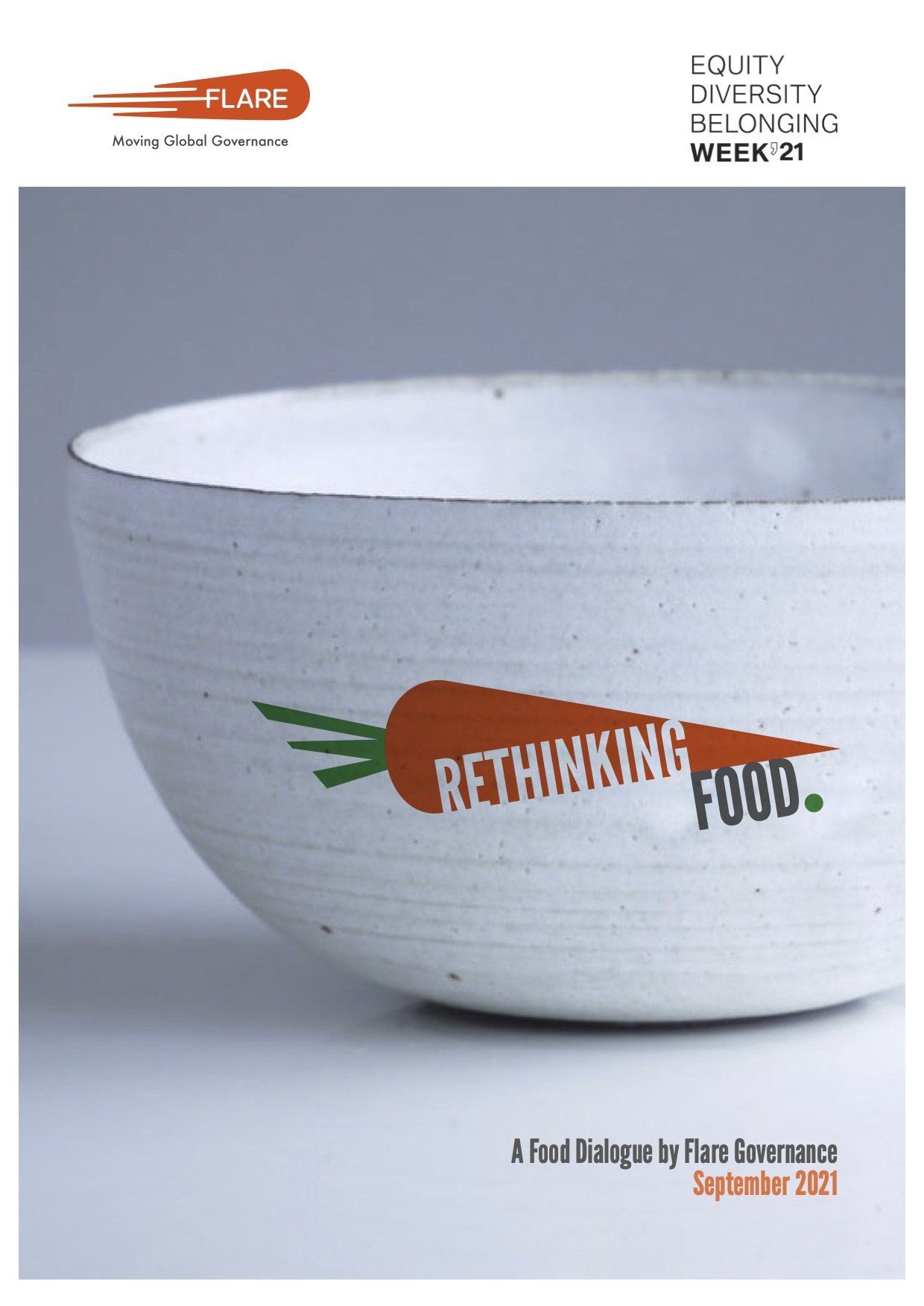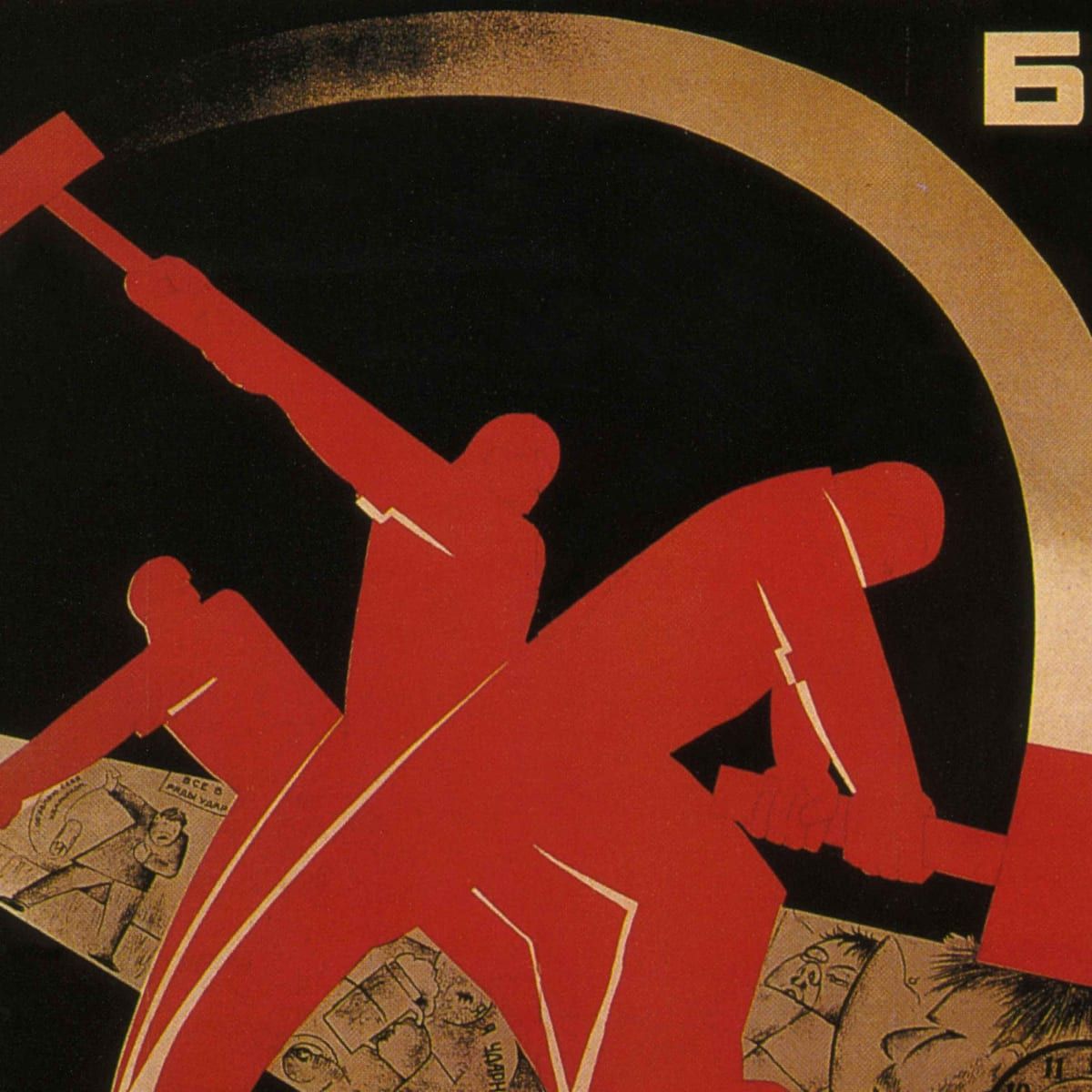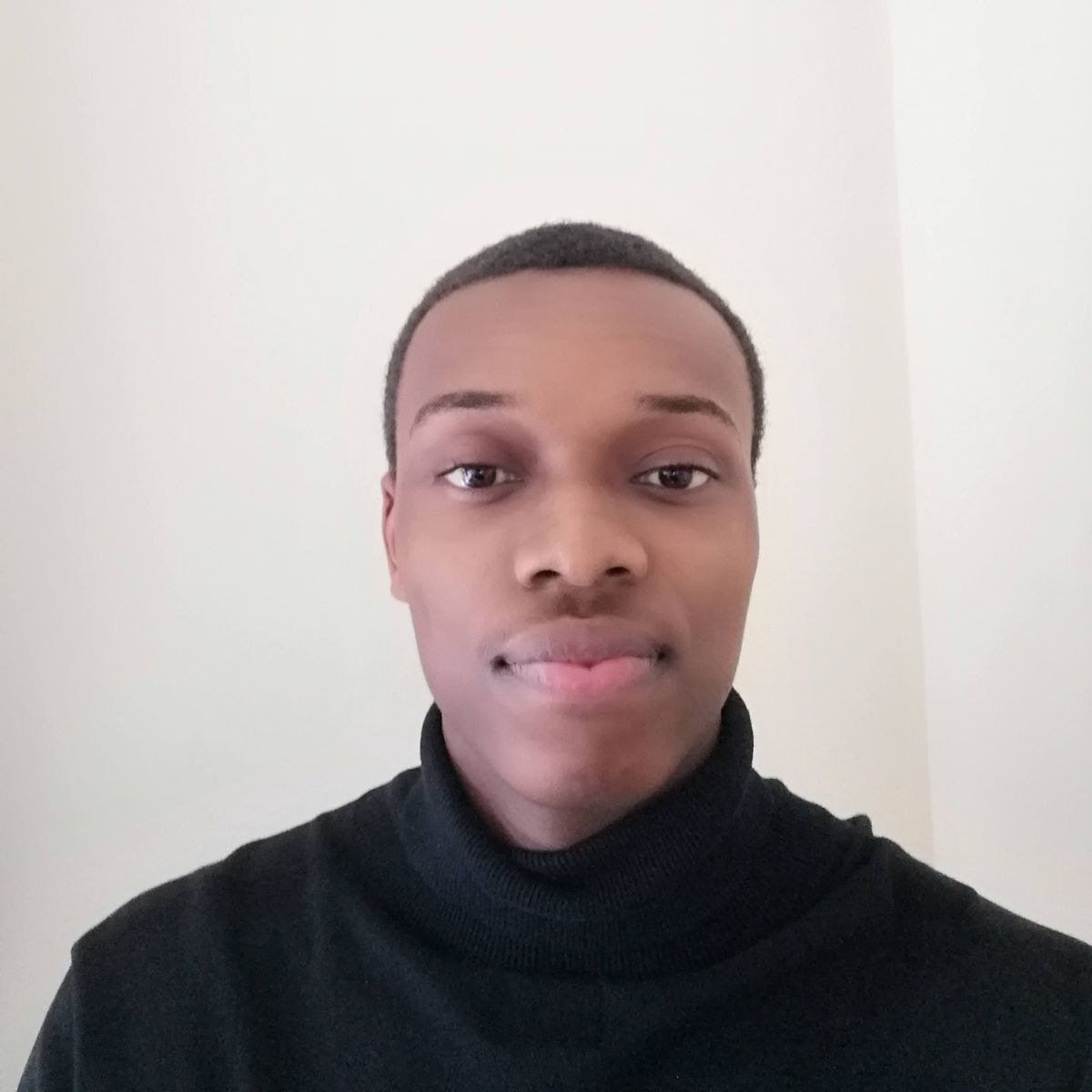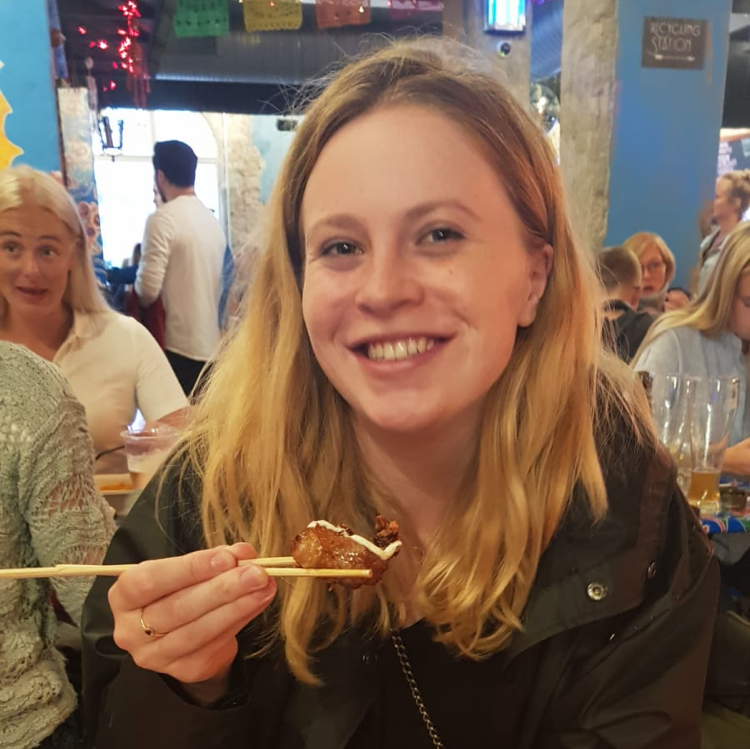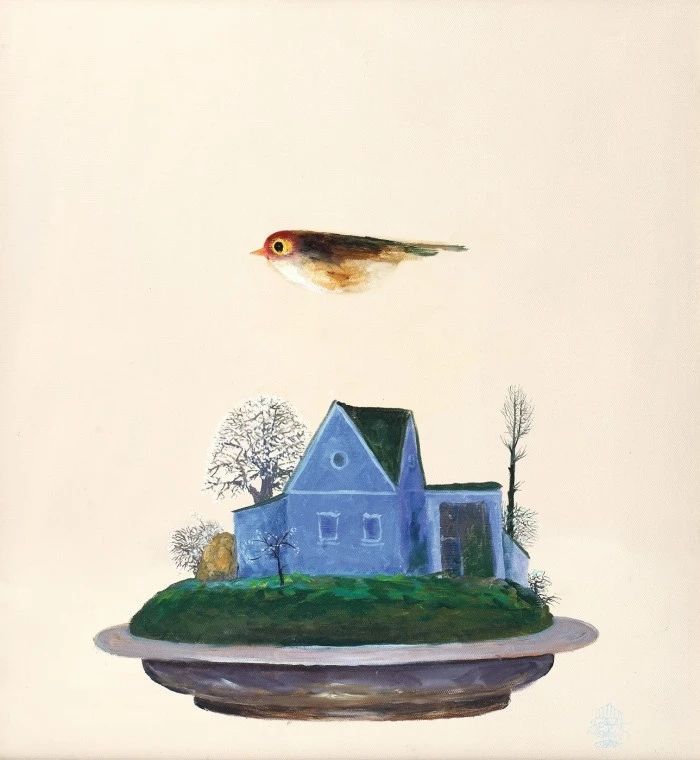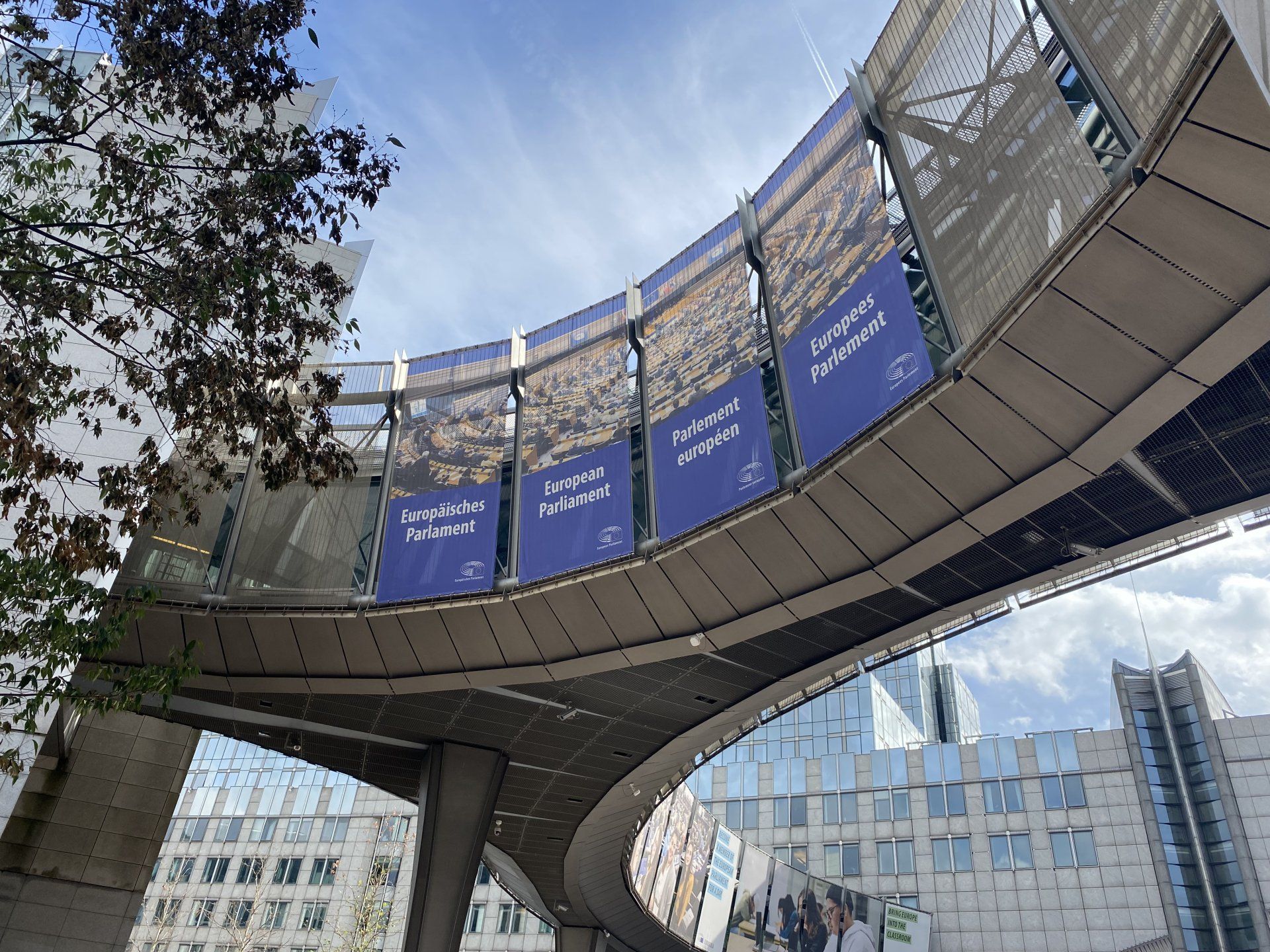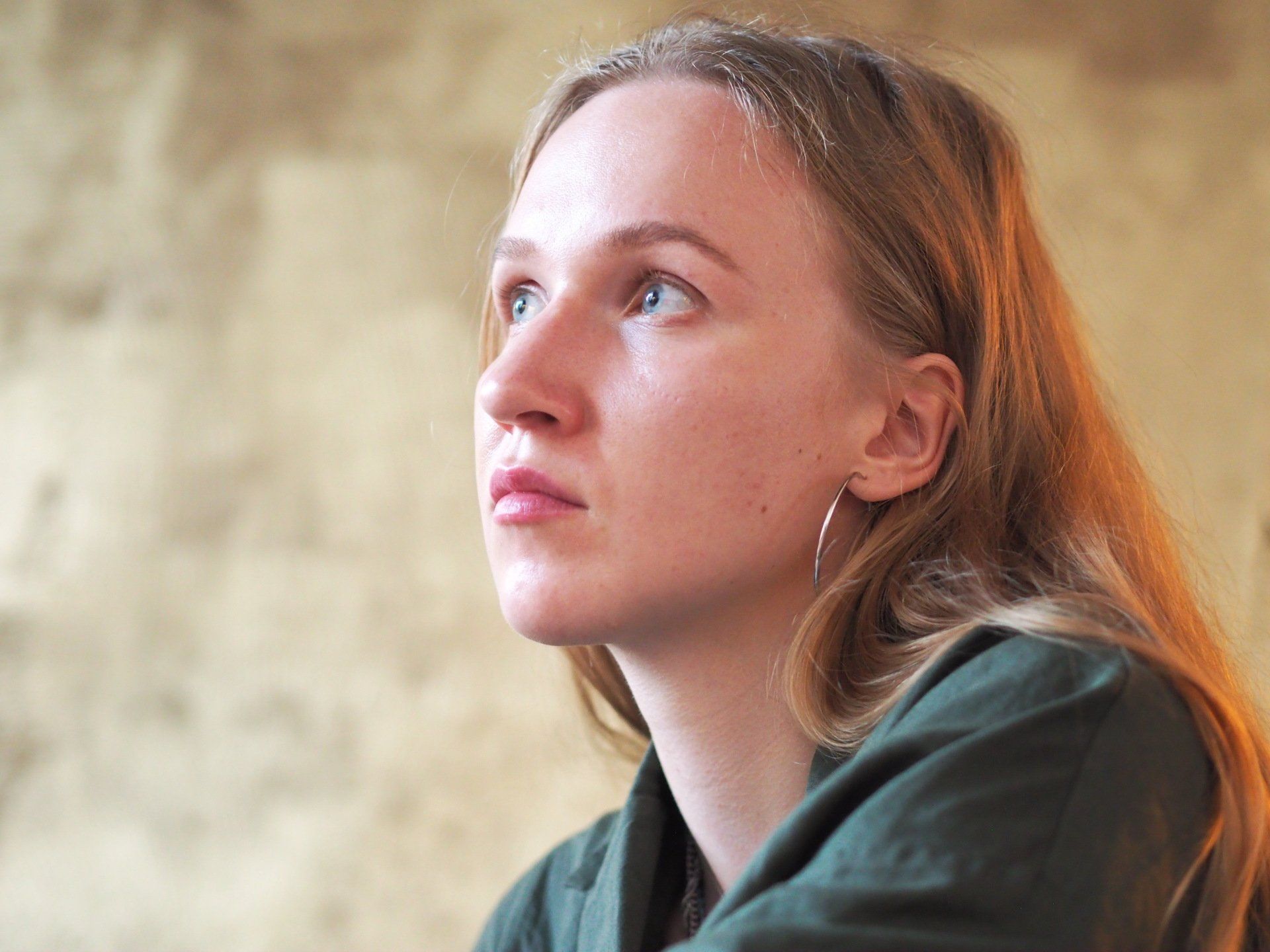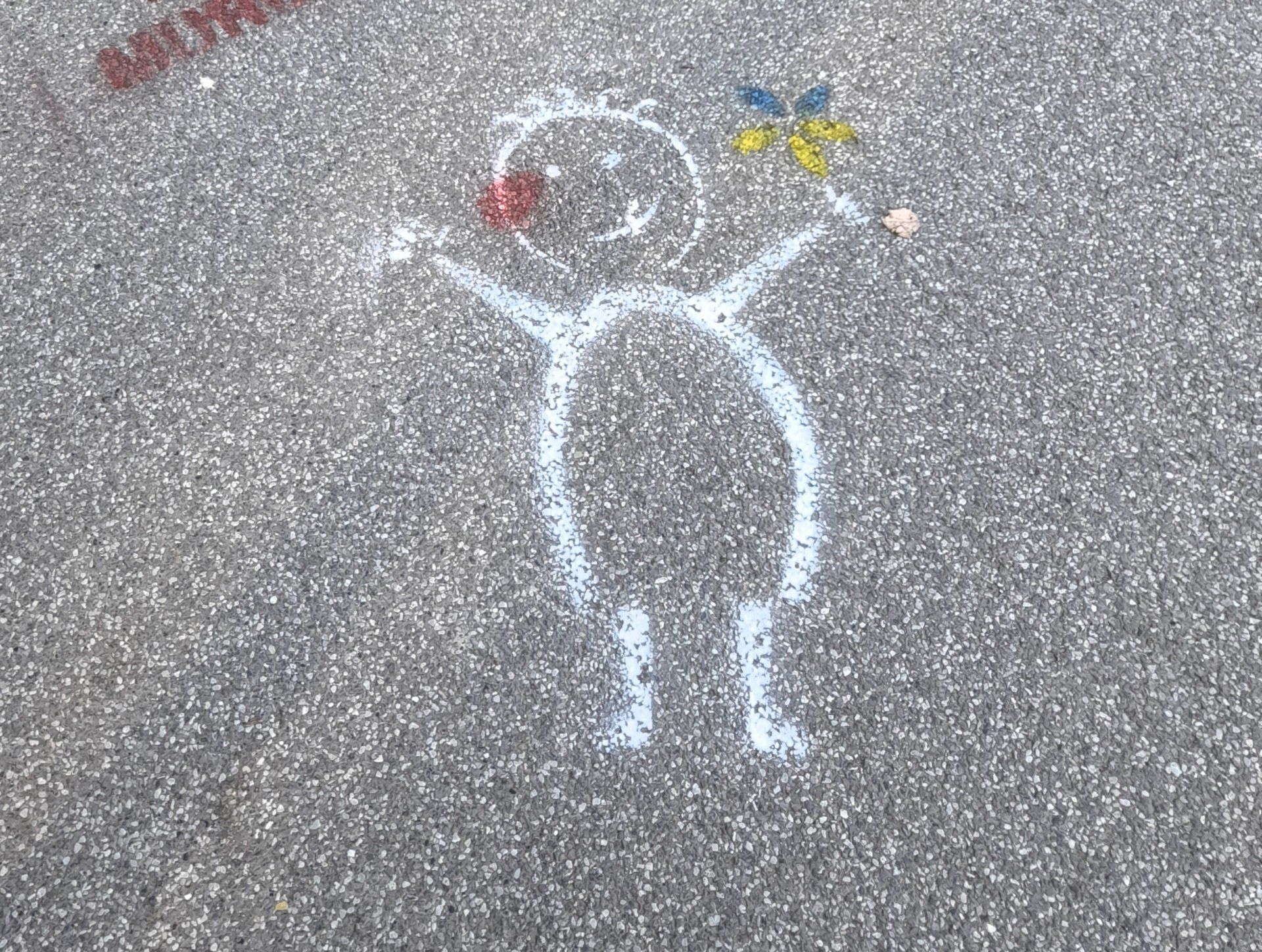On the weight of what we opt not to say
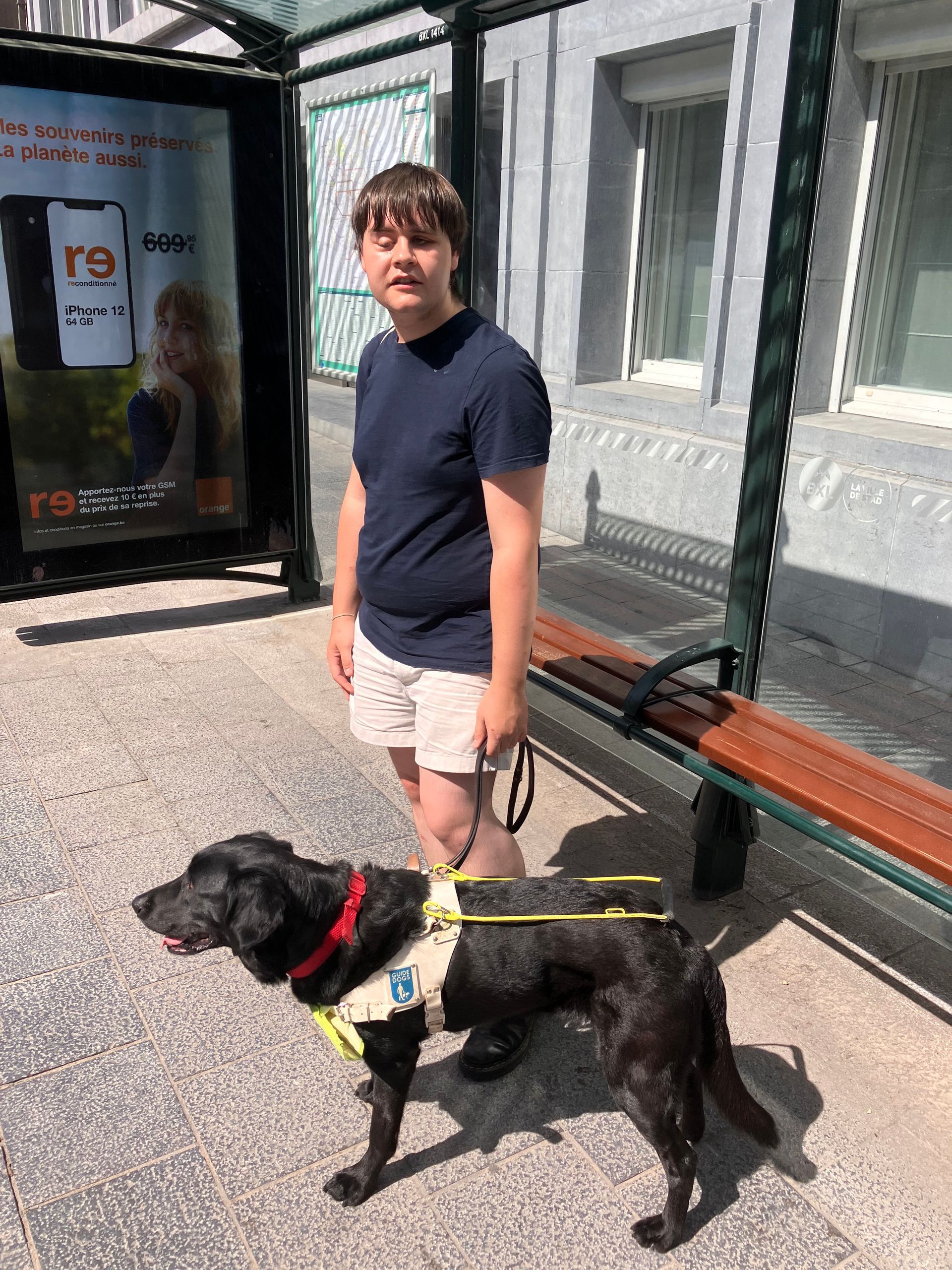
Photo: Kelsey Trevett with his guide dog, Lacey
By Kelsey Trevett
A warm summer evening, on the 6th of July, a group of strangers gathered at Full Circle House — a beautifully gentle atmosphere of welcome in the hubbub of Brussels — a city sometimes so contradictorily inhuman for its status as the heart of European politics. In itself, there was something heartening that on doubtless a busy weekday evening, more than two dozen people made a conscious and active decision to spend time in each other’s company. And in the company of Andreea, who opened the event with an unexpected admission of fatigue. I felt incredibly seen in that moment, recognising the flame of optimism for something better — or different — whilst sharing the realisation that all flames require nourishment from inevitably finite fuels.
Andreea offered such a clearly-heartfelt expression of her life, her work, her experience. She spoke openly of growing up in Romania in a time of such sudden change — of progress, in so far as progression is the act of moving forward, and yet simultaneously in a time of the outright dismissal of a
whole in light of the negatives of a
part. Listening to her recount memories from her childhood, of collective action within communities, then of rapid onset system change, I was drawn to my experiences of the pandemic. I have never experienced the type of system change which alters everything overnight. But I know the feeling of hope, a dim light amidst an all-encompassing shadow, when radical societal shifts come into focus for the very same reason that the accepted state of affairs falls into disarray. And I know the crushing weight of normality returning, seemingly by the will of those around me, as opportunity passes, because the familiar narrative is safer than the as yet unimagined possibility of new.
Andreea spoke to values: the values of capitalism, and their stark contrast with our inherently human moral values — something she introduced almost with apology, acknowledging the embarrassment of appealing to “unfashionable” notions of morality. What spoke more resoundingly to me, though, was the ease with which the group connected with this appeal. The erosion of altruism and trust, and the sacrifice of our own collective happiness by a system characterised by transaction and markets is not controversial, but it takes considerable courage to step out of line to articulate it. As the room opened to discussion, I felt that courage envelop us. It’s a rarity that a group of strangers, atomised and isolated, could meet and share such candid vulnerability, and yet as, in turn, we found our voice to do so, the importance of expressing it became all the more evident. I had rarely heard the silence for the noise which consumes day-to-day life, but as people began to share their stories and feelings with increasing confidence bult on the words of those who had spoken before them, the weight of what we opt not to say each and every day became deafeningly apparent.
We shared thoughts on fears and everyday experience. The behaviour of others on pavements for instance, so obviously mundane, reveals so much, if only we’d look beyond ourselves to notice it. As a guide dog user, this spoke to me. From London to Brussels, I know what it is to feel like an inconvenience to commuters walking towards me, certain of their right to their square metre of pavement, legitimised by the destination towards which they rush, immutable in the face of someone unable to see it. The way in which we embody our isolation from one another, reaffirming a system of individualism by becoming its agents, is not merely around us, but within us too.
Some spoke of hope. Non-hierarchical organisations, driven by and fuelled by love — the care for the flourishing of others. Such a subtle yet impactful resistance against the alien system which we have unquestioningly constructed, operating so unapologetically within its shadow, demonstrated what is possible, and what it takes to achieve it. Another braved the question which has rested on my lips, silenced by the tribalism of politics, the creation of an ‘us’ and a ‘them’: “who is this serving?” Who benefits from a system which centres profit, the currency solely of a system far removed from our humanity, over people?
Undeniably cathartic — to not simply share and construct an idea of how things could be different, kinder, gentler, more human, but moreover to enact it in the process. As the evening came to a close, smaller groups formed and interconnected. Murmurs of hope amongst the challenges of ‘the new normal’, itself indistinguishable from the old normal which preceded the grinding halt of 2020. But those quiet murmurs, shared between strangers but for two hours on a Thursday evening in Brussels, felt powerful. They stemmed from people who knew now, if not confidently before, that their feelings were not anomalies. They were the truest expressions of determination, if not to have the answers now, then to collaborate, plant the seeds, and discover them together.
I arrived in Brussels, a little under two weeks ago, feeling desperate and lost. The pandemic was and continues to be devastating, but amidst the hurt, it gave light to the possibility of change. For the first time in my life, I felt the draw of a pause, the reevaluation of where we were, and an acknowledgement of the disconnect it represented between who we are, and what we do. I felt the seemingly-irreparable agony of that hope being snatched away again, almost overnight, when transformative change was snubbed in favour of a return to how things were.
Our shared evening in Brussels may have lacked the type of concrete outcomes which mark success in a system focussed exclusively on production, but for me, it represented in itself a concrete moment of reflection: the end of, or at the very least a welcome reprieve from, a malaise which has enveloped me for over a year. It would be naive to suggest that one evening could resolve such deep-rooted feelings, but upon initial reflection, I sincerely feel that I entered a room with strangers, and left it with renewed purpose.
Flare Blog
